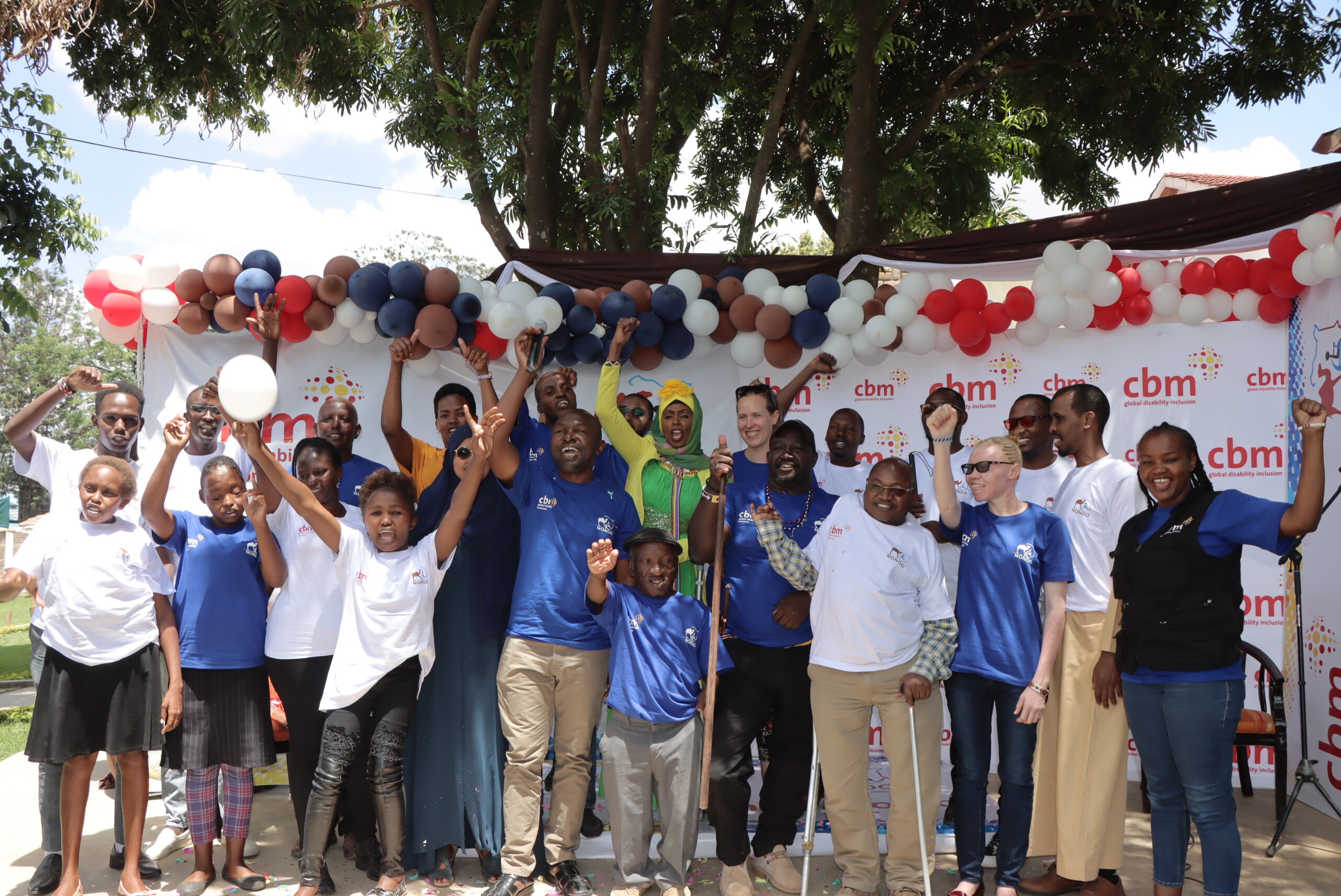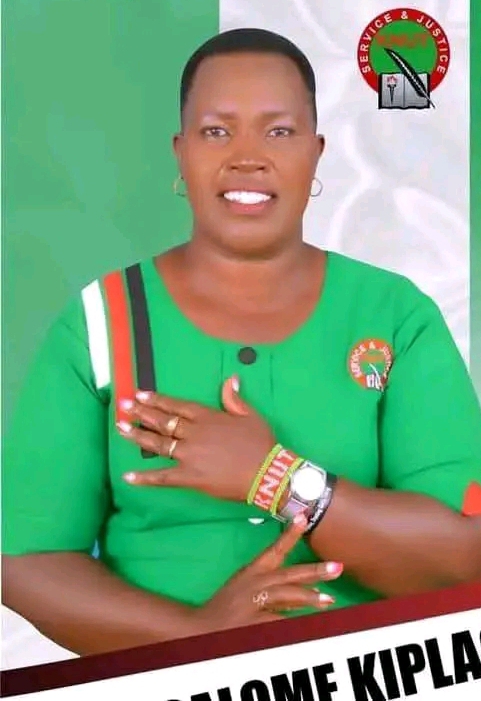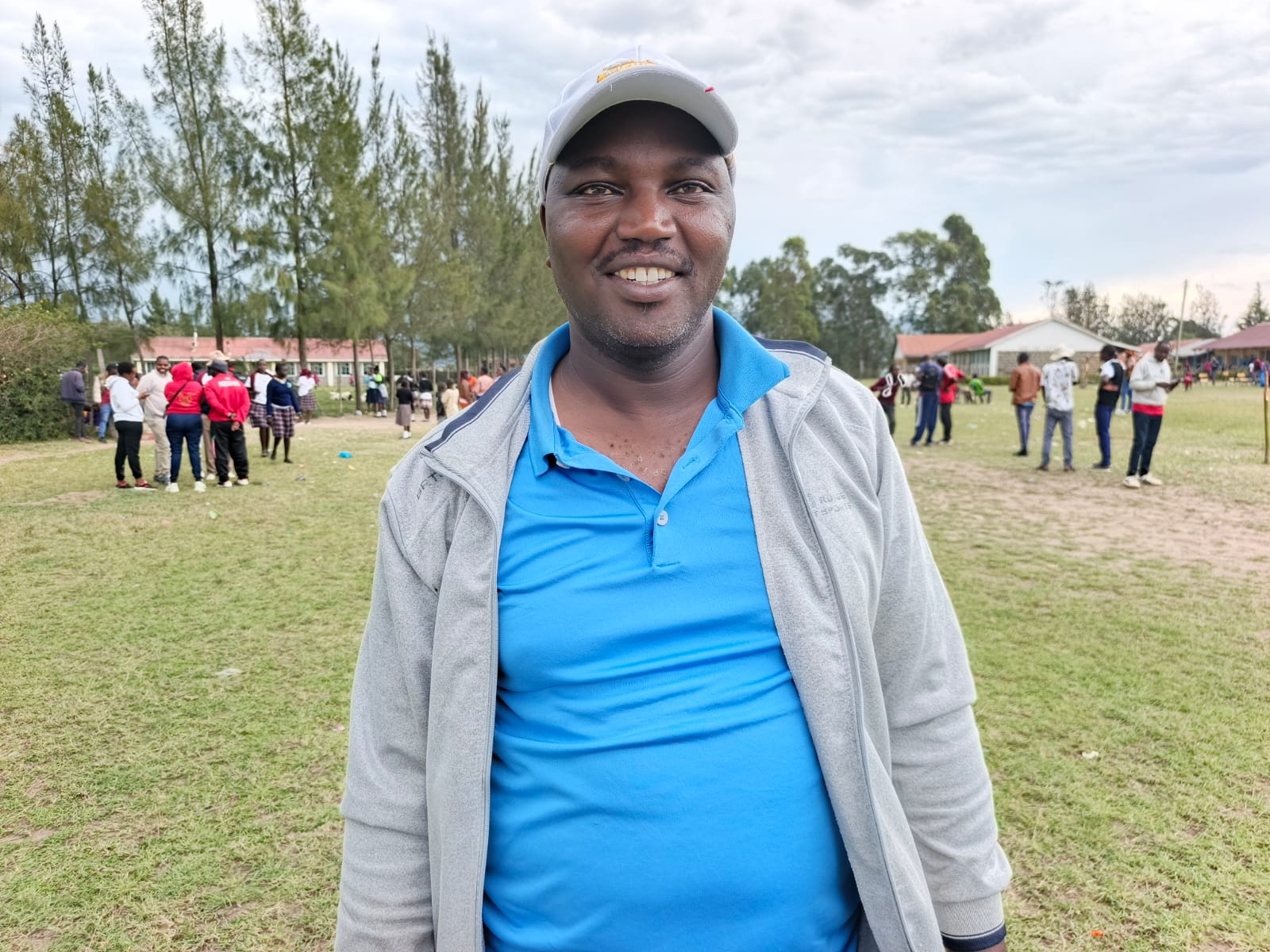A Non-Governmental Organisation (NGO) has called on the Government to address apparent marginalization of People Living with Disabilities (PLWDs) in accessing education across the country.
The Northern Nomadic Disabled Persons Organization (NONDO) Executive Director Fatuma Mohamed, shared the findings of a survey, which indicated that Kajiado West is among the regions where little has been done to promote the rights of PWDs.
Speaking during the launch of the “Action for Change” project at4Tee Hotel in Ongata Rongai’s, Mohamed emphasized the pressing issues facing PWDs in accessing education. She highlighted the glaring lack of accessibility, arising from physically inaccessible school structures and an acute shortage of essential learning materials.
According to the Global Partnership for Education, a staggering 90% of children with disabilities in low and lower-middle-income countries fail to receive a formal education.
Fatuma further stressed the urgency of increased funding to empower people with disabilities, particularly in the realm of education.
She called upon the government and stakeholders to unite in tackling these deeply rooted issues.
“Many PWDs remain illiterate because society denies them access to education, and there are parents who still conceal their children,” she lamented.
Fatuma also highlighted the widespread lack of awareness among parents regarding the significance of enrolling their children in school.
“NONDO focuses on four core areas: Education, Governance, Social Economic Empowerment, and Health,” she stated.
Recognizing a critical gap in advocacy and leadership skills among PWDs in the sub-county, the “Action for Change” project aims to empower them.
It will equip PWD champions to implement the project and engage with local governments, facilitating their meaningful participation in development programs.
The Kajiado County Officer in charge of PWDs David Tuke attested that the training was an eye-opener for both PWDs and the government.
He pledged the county government’s commitment to partnering with organizations to combat discrimination against PWDs.
Halima Shariff, a PWDs advocate, emphasized the necessity of including people with disabilities in all government projects and encouraged learning institutions to construct facilities accommodating their special needs.
According to Kenya’s 2020 population report, a staggering 918,270 individuals aged 5 years and older live with disabilities, constituting 1.95% of the Kenyan population.
By Obegi Malack
Get more stories from our website: Education News
To write to us or offer feedback, you can reach us at: editor@educationnews.co.ke
You can also follow our social media pages on Twitter: Education News KE and Facebook: Education News Newspaper for timely updates.
>>> Click here to stay up-to-date with trending regional stories






